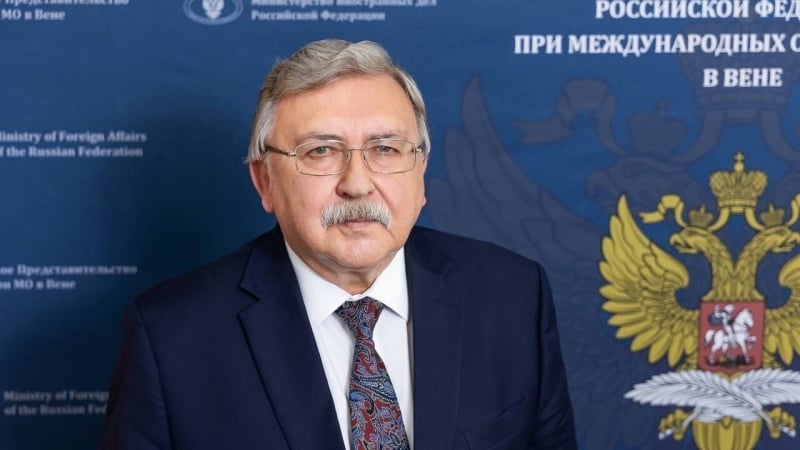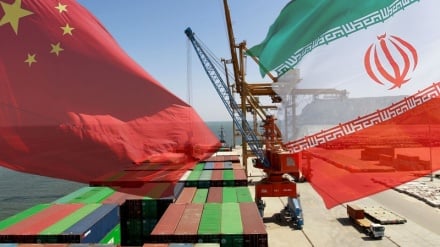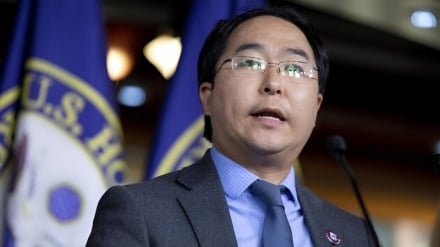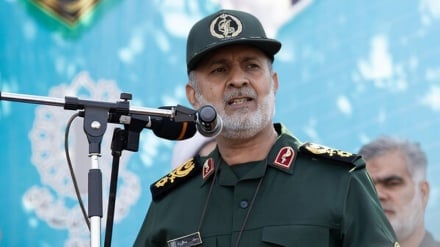Tehran, Moscow, Beijing hold tripartite consultations on Iran’s nuclear file
-

Tehran, Moscow, Beijing hold tripartite consultations on Iran’s nuclear file
Pars Today – On Wednesday, on the eve of the International Atomic Energy Agency (IAEA) Board of Governors meeting, the ambassadors of Iran, China, and Russia met in Vienna to discuss coordinating the three countries’ positions on upcoming agenda items.
According to Pars Today, citing IRNA, Mikhail Ulyanov, Russia’s representative to international organizations in Vienna, wrote on Telegram Wednesday night that Iran, China, and Russia held another round of their traditional tripartite consultations on Iran’s nuclear file.
Ulyanov added that the three countries coordinated and aligned their positions to ensure they are fully prepared ahead of the next IAEA Board of Governors session.
The upcoming Board meeting is scheduled to take place from November 19 to 21 at the Vienna International Centre. Unlike previous sessions, the discussion on Iran will now focus solely on the comprehensive safeguards agreement, following the conclusion of the IAEA’s mandate under UN Security Council Resolution 2231.
The Islamic Republic of Iran has emphasized that its cooperation and engagement with the IAEA is based on domestic law.
Esmail Baghai, spokesperson for Iran’s Ministry of Foreign Affairs, stated: “We remain a member of the Non-Proliferation Treaty and are committed to the safeguards agreement. In implementing these safeguards obligations, and in accordance with the Parliament’s resolution designating the Supreme National Security Council as responsible, we conduct our interactions with the Agency.”
Iran’s peaceful nuclear program has long faced political pressure and baseless accusations from the West. Prior to the JCPOA, Western countries attempted to securitize the issue to justify sanctions and military threats. However, the closure of the Possible Military Dimensions (PMD) file in 2015 removed this pretext.
After signing the JCPOA, Iran fully adhered to its commitments. In contrast, the United States unilaterally withdrew from the agreement in 2018, and Europe failed to fulfill its obligations. Consequently, Iran took steps to reduce its commitments under the JCPOA framework, while efforts to revive the deal stalled due to Western delays and excessive demands.
Over the past seven years, the Islamic Republic has pursued all diplomatic avenues in good faith. However, Europe and the United States’ endless and unreasonable demands have repeatedly blocked progress.
Iran has repeatedly stressed its readiness to reach a durable and reliable agreement that guarantees the lifting of sanctions and prevents future exploitation.


